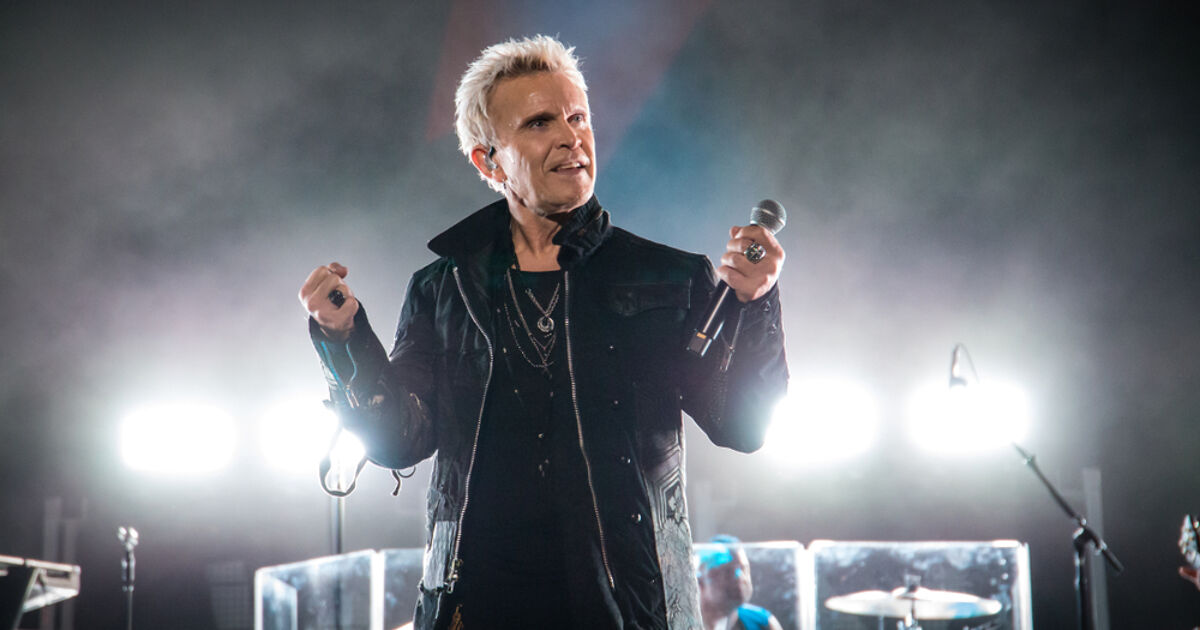
Long before he was dancing with himself, Billy Idol was rocking out at gay clubs.
During a recent appearance on the Turned Out A Punk podcast, the 80s icon reflected on the diverse and accepting London punk rock scene that shaped him in the 1970s. Early in the interview, Idol contrasted the political ideologies of different factions of punk rockers at the time. While skinhead bands and their fans violently lashed out at immigrants, his own cohort, which included the Sex Pistols and Siouxsie and the Banshees, embraced diversity and the revolutionary spirit of the reggae music brought to England by immigrants from Jamaica.
Related
How the self-declared “Punk-Rock Queen of the Jews” learned to shout her sexuality from the rooftops
There was no question about it anymore: I was as gay as anyone could be and I wouldn’t have changed that fact for the world.
That spirit of outsiders banding together to express themselves extended to the LGBTQ+ community, according to Idol, who recalled one early gig at a “transexual night” at a club in the U.S.
Never Miss a Beat
Subscribe to our newsletter to stay ahead of the latest LGBTQ+ political news and insights.
Subscribe to our Newsletter today
“A lot of the clubs that were putting on punk things were usually gay clubs,” Idol explained. “We even did a tour, the White Wedding tour was like that. We were playing — a lot of these little clubs we were playing were gay clubs that on Tuesday night, they went punk sort of.”
Turned Out A Punk host Damian Abraham noted that queer musicians like influential American trans rocker Jayne County were pivotal to the emerging genre in the 70s.
“It was very embracing,” Idol agreed. “People who didn’t feel like they fit in for whatever reason. Could be a gender thing, it could be a cross-dressing thing, or it just could be you just didn’t feel like you — people would say today, you didn’t feel like you’re being seen. You know, that’s what we felt like.”
In his 2014 memoir, Dancing with Myself, Idol wrote that the punk scene “was inclusive of all different nationalities, all races and sexes as well.”
“Back then in the ’70s,” he wrote, “we knew lots of people who were in one way or another exploring their sexuality or what gender they were. That was already really going on.”
On Turned Out A Punk, the singer explained how England’s conservative politics at the time forged a camaraderie between these seemingly disparate groups of outsiders.
“In England, we were being told you don’t have a chance of a future, there’s no future for you,” Idol said. “This is seriously what we’re being told. And so, we just banded together with the other like-minded outsiders. And they were coming from all different areas — gender, politics, political politics, personal politics. Lots of reasons why.”
That sense of solidarity with the LGBTQ+ community apparently stuck with Idol. In one moving passage in Dancing with Myself, the singer described witnessing an AIDS march in New York City in the 80s.
“I pull the curtains back to see that it is night and there are ten thousand men marching down Christopher Street to the West Side Highway. They walk in unison in a silent candlelit march to mourn the dead and spread the fight against AIDS, all of it right beneath my window,” Idol wrote. “An entire way of life seems as if it is on the verge of extinction as a deadly disease strikes down members of the gay community. No one can anticipate how bad it might get. The world shakes. Who would be next? For the moment, we march and show our solidarity, according to the placards on display. After a while, the vigil continues and I shut the curtains, thinking about the living and the dead.”
And in a remembrance following David Bowie’s death in 2016, Idol wrote that the singer’s “uncompromising stance against the conservative viewpoint” led the way for punk rock while his music did the same for gay rights.
Subscribe to the LGBTQ Nation newsletter and be the first to know about the latest headlines shaping LGBTQ+ communities worldwide.